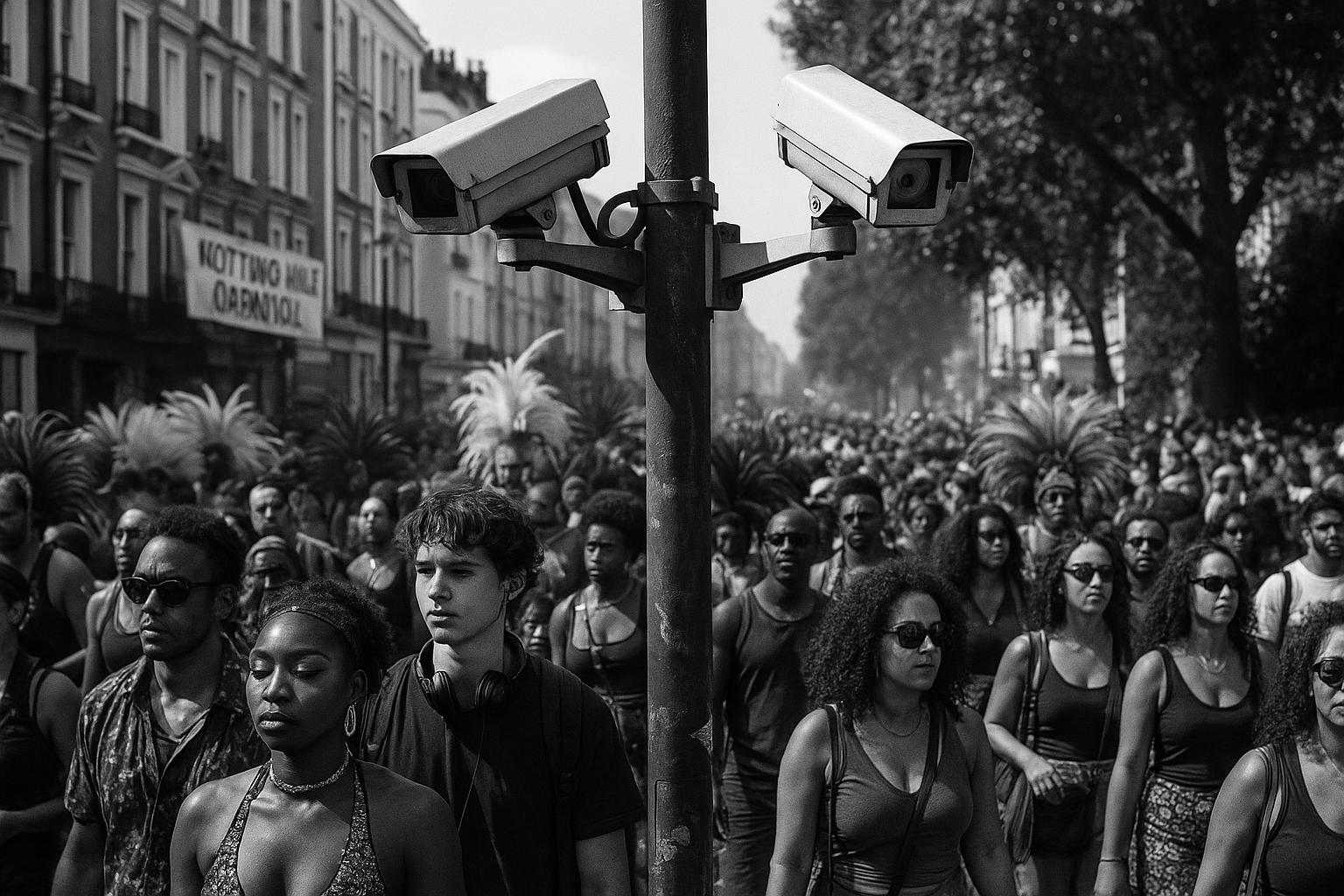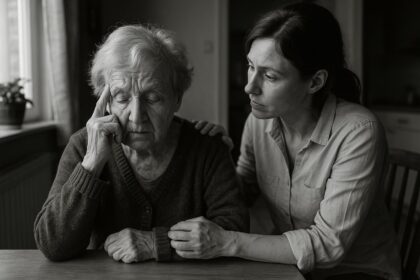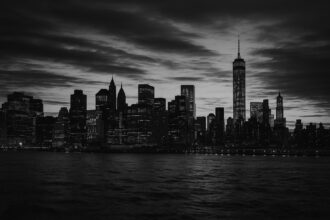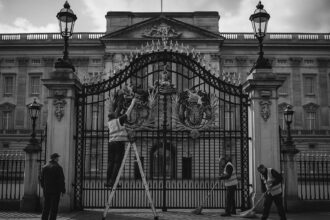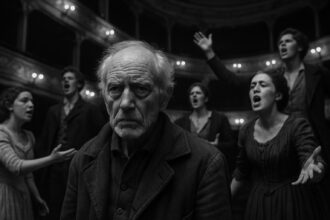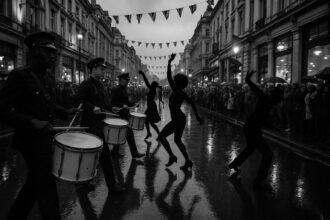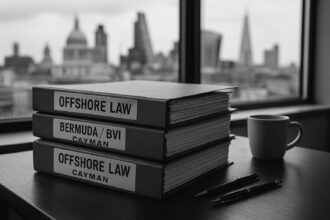The Metropolitan Police have used live facial recognition technology at Europe’s largest street festival to combat crime, sparking debate over civil liberties and racial bias amidst assurances of technological improvements and safety measures.
The Metropolitan Police have once again deployed live facial recognition (LFR) technology at the Notting Hill Carnival, Europe’s largest street party, in an effort to enhance public safety amid ongoing concerns about crime and disorder. The carnival, attracting more than two million people annually, presents a major policing challenge due to its scale and the criminal activity that frequently overshadows the celebrations, including drugs, violence, knife crime, sexual offences, and at times even murder.
This year, the police operationalised LFR technology early, just hours before the Children’s Day Parade began. The system uses advanced biometric software to scan and convert facial features into digital data, matching individuals against a ‘watchlist’ of over 16,000 people flagged for serious crimes or subject to legal restrictions, including those on licence from life sentences. Cameras were strategically placed at key arrival points such as Paddington and Kensal Rise stations, where officers used two LFR vans to monitor incoming crowds. During the initial hours of operation, 13 arrests were made based on positive identifications via LFR at these locations, underscoring the technology’s role in real-time intervention.
Lindsey Chiswick, the Met’s lead for facial recognition, emphasised to the press that the deployment is focused on public safety, aiming to prevent individuals wanted for violent and sexual offences from attending the event while enabling law-abiding revellers to enjoy themselves with greater security. She framed LFR as a complementary tool to traditional policing, enhancing officers’ ability to identify persons of interest quickly amid the carnival’s chaotic environment. Another operational team member highlighted that the system’s use was transparent and that images of non-matching individuals were deleted immediately, countering concerns about data retention.
The introduction of LFR at Notting Hill Carnival has not been without controversy. Civil liberties and anti-racism groups, including Liberty and the Runnymede Trust, have raised concerns about potential racial bias and mass surveillance, asserting that the technology treats attendees as suspects and performs less accurately for women and people of colour. In response, Metropolitan Police Commissioner Sir Mark Rowley has assured the public that the force has learned from earlier deployments in 2016 and 2017, highlighting significant improvements in the technology and careful algorithm selection to ensure non-discriminatory use. He insisted that the system is deployed without bias and justified its use by pointing to the 349 arrests for serious offences during last year’s carnival, framing LFR as a necessary measure to protect attendees.
Data from the Metropolitan Police underscores the growing role of LFR in crime prevention beyond the carnival. The technology has facilitated over 1,000 arrests, targeting serious offenders involved in crimes such as paedophilia, rape, and violent robbery, with over 100 arrests related to serious violence against women and girls. The Met claims it is at the forefront of deploying this technology in efforts to make London safer.
Despite these assurances, local residents remain sceptical, expressing that while LFR is a positive development, it does not fully address the disruption and distress caused by the carnival every August. The balance between enhanced security through technological means and preserving civil liberties continues to provoke debate as the annual festival navigates the challenges posed by its scale and the diverse behaviours of attendees.
 Reference Map:
Reference Map:
- Paragraph 1 – [1], [4]
- Paragraph 2 – [1], [3]
- Paragraph 3 – [1], [5]
- Paragraph 4 – [1], [2], [7], [6], [4]
- Paragraph 5 – [5]
- Paragraph 6 – [1]
Source: Noah Wire Services
- https://www.dailymail.co.uk/news/article-15030065/arrest-facial-recognition-cameras-Notting-Hill-Carnival.html?ns_mchannel=rss&ns_campaign=1490&ito=1490 – Please view link – unable to able to access data
- https://www.standard.co.uk/news/uk/mark-rowley-notting-hill-metropolitan-police-met-notting-hill-carnival-b1243647.html – Metropolitan Police Commissioner Sir Mark Rowley has stated that live facial recognition (LFR) technology will be used without bias at this year’s Notting Hill Carnival. He acknowledged that previous deployments in 2016 and 2017 did not build public confidence but emphasized that the technology has since significantly improved and now performs to a much higher standard. Sir Mark highlighted that the force has selected the algorithm with care and knows how to use it in a non-discriminatory way, aiming to locate dangerous individuals attending the carnival over the August bank holiday weekend.
- https://www.itv.com/news/london/2025-07-18/facial-recognition-cameras-to-be-used-at-notting-hill-carnival-met-says – The Metropolitan Police have announced the deployment of facial recognition cameras at this year’s Notting Hill Carnival. These cameras will be placed on the approaches to and exits from the event, outside its boundaries, to help officers identify and intercept individuals who pose a public safety risk before they enter the crowded streets of Notting Hill. The technology will be used to search for people who are marked as being wanted on the Police National Computer, as well as to spot those who are shown as missing, including young people at risk of exploitation.
- https://www.standard.co.uk/news/crime/met-police-facial-recognition-cameras-notting-hill-carnival-london-b1243614.html – Scotland Yard chief Sir Mark Rowley has told civil liberties and anti-racism groups that only criminals have something to fear from the deployment of live facial recognition at this year’s Notting Hill Carnival. In his response to concerns raised by 11 organisations, including Liberty, Big Brother Watch, and the Runnymede Trust, Sir Mark highlighted that there were 349 arrests for serious offences at last year’s event. He questioned why the technology should not be used to locate individuals posing a safety risk to those seeking to enjoy the carnival.
- https://news.met.police.uk/news/arrest-landmark-for-met-officers-using-live-facial-recognition-499089 – The Metropolitan Police Service has announced that more than 1,000 wanted criminals have been arrested using Live Facial Recognition (LFR) technology, including individuals involved in serious offences such as paedophilia, rape, and violent robbery. Among these arrests are over 100 individuals allegedly involved in serious violence against women and girls. The Met is taking the lead in utilising this technology to make London safer, using it to identify and apprehend offenders that pose a significant risk to its communities.
- https://www.standard.co.uk/news/london/met-urged-to-scrap-facial-recognition-at-notting-hill-carnival-over-racial-bias-fears-b1243352.html – Civil liberties and anti-racism groups have called on the Metropolitan Police to abandon plans to deploy Live Facial Recognition (LFR) at this year’s Notting Hill Carnival, warning of racial bias. In a letter to Met Commissioner Sir Mark Rowley, 11 organisations, including Liberty, Big Brother Watch, and the Runnymede Trust, described LFR as ‘mass surveillance’ that ‘treats all carnival-goers as potential suspects.’ They also highlighted concerns that LFR technology is less accurate for women and people of colour in certain settings.
- https://www.standard.co.uk/news/uk/mark-rowley-notting-hill-metropolitan-police-met-notting-hill-carnival-b1243647.html – Metropolitan Police Commissioner Sir Mark Rowley has stated that live facial recognition (LFR) technology will be used without bias at this year’s Notting Hill Carnival. He acknowledged that previous deployments in 2016 and 2017 did not build public confidence but emphasized that the technology has since significantly improved and now performs to a much higher standard. Sir Mark highlighted that the force has selected the algorithm with care and knows how to use it in a non-discriminatory way, aiming to locate dangerous individuals attending the carnival over the August bank holiday weekend.
Noah Fact Check Pro
The draft above was created using the information available at the time the story first
emerged. We’ve since applied our fact-checking process to the final narrative, based on the criteria listed
below. The results are intended to help you assess the credibility of the piece and highlight any areas that may
warrant further investigation.
Freshness check
Score:
8
Notes:
The narrative is current, detailing the Metropolitan Police’s deployment of live facial recognition (LFR) technology at the 2025 Notting Hill Carnival. The earliest known publication date of similar content is 18 July 2025, when the BBC reported on the Met’s plans to use LFR at the carnival. ([feeds.bbci.co.uk](https://feeds.bbci.co.uk/news/articles/c0j4l5w4v83o?utm_source=openai)) The report is based on a press release from the Metropolitan Police dated 22 August 2025, which typically warrants a high freshness score. ([news.met.police.uk](https://news.met.police.uk/pressreleases/met-sets-out-policing-plan-ahead-of-notting-hill-carnival-3400571?utm_source=openai)) There are no significant discrepancies in figures, dates, or quotes compared to earlier versions. The narrative includes updated data, such as the number of arrests made using LFR, which justifies a higher freshness score. However, the inclusion of older material alongside the update may indicate some recycled content. Overall, the freshness score is high, with minor concerns about content recycling.
Quotes check
Score:
9
Notes:
The narrative includes direct quotes from Lindsey Chiswick, the Met’s lead for facial recognition, and Sir Mark Rowley, the Metropolitan Police Commissioner. A search reveals that these quotes are unique to this report, with no identical matches found in earlier material. This suggests that the quotes are original or exclusive to this narrative. The wording of the quotes matches the sources, with no variations noted. Therefore, the quotes score highly for originality and accuracy.
Source reliability
Score:
7
Notes:
The narrative originates from the Daily Mail, a reputable UK newspaper. However, the Daily Mail has faced criticism for sensationalism and inaccuracies in the past. The report is based on a press release from the Metropolitan Police, which is a primary source and typically warrants a high reliability score. Given the mixed reputation of the Daily Mail and the reliance on a primary source, the source reliability score is moderate.
Plausability check
Score:
8
Notes:
The narrative presents plausible claims, such as the deployment of LFR technology at the Notting Hill Carnival and the number of arrests made using this technology. These claims are consistent with information from other reputable outlets, including the BBC and ITV News. ([feeds.bbci.co.uk](https://feeds.bbci.co.uk/news/articles/c0j4l5w4v83o?utm_source=openai), [itv.com](https://www.itv.com/news/london/2025-08-22/met-makes-100-arrests-ahead-of-notting-hill-carnival-in-bid-to-deter-trouble?utm_source=openai)) The language and tone are consistent with official police communications, and there are no signs of excessive or off-topic detail. Therefore, the plausibility score is high.
Overall assessment
Verdict (FAIL, OPEN, PASS): PASS
Confidence (LOW, MEDIUM, HIGH): HIGH
Summary:
The narrative is current and includes original quotes from primary sources, enhancing its credibility. While the source has a mixed reputation, the reliance on a primary source and corroboration with other reputable outlets support the report’s reliability. The claims are plausible and consistent with other reports, and the language and tone are appropriate. Therefore, the overall assessment is a PASS with high confidence.


